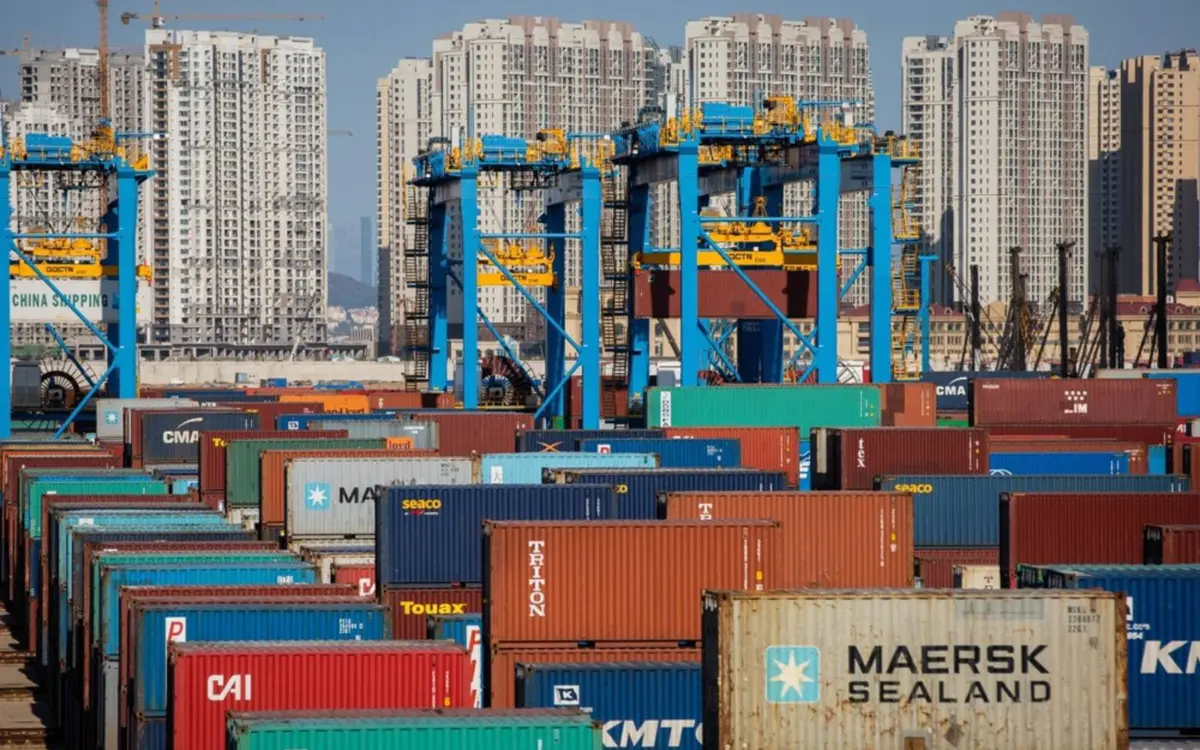How Recent U.S. Tariffs Impact Your Cross-Border Contracts: Key Clauses to Review
On Saturday, February 1, 2025, President Trump imposed significant tariffs on Canada, Mexico, and China, which go into effect on February 4, 2025, at 12:01 AM. In response there has been concern from a number of clients, partners and colleagues about the practical effects of the tariffs on the economy between the U.S.’s largest trading partners and the related business relationships with companies doing business with these countries.
Pursuant to the International Emergency Economic Powers Act (50 U.S.C. 1701, et seq.) (IEEPA), the National Emergencies Act (50 U.S.C. 1610, et seq.) (NEA), Section 604 of the Trade act of 1974, as amended (19 U.S.C. 2483), et al., the executive orders impose a 25 percent tariff on imports from Mexico and Canada, as well as a 10 percent tariff on Chinese goods. Canadian energy imports will be tariffed at 10 percent.
With the larger geopolitical and policy issues notwithstanding, we are advising clients with cross-border contracts to be reviewing their contracts immediately in light of these changes to essential to safeguard their interests and ensuring continued profitability. These tariffs are likely to increase costs, disrupt supply chains, and create uncertainties that may not be accounted for in existing contracts.
Some of the areas that business owners should be reviewing right now fall into the following categories:
Pricing Structures. One of the primary concerns is how tariffs impact pricing structures. If your contract is based on fixed pricing, rising costs (inflation and currency fluctuations) due to tariffs can erode profit margins. It’s important to determine whether the agreements allow for cost adjustments in response to external factors such as new duties or taxes. Some contracts include escalation clauses that permit price modifications under certain conditions. If a contract does not, renegotiating terms with suppliers or customers may be necessary to account for increased expenses.
Delivery and Shipping. Additionally, businesses should examine their delivery and shipping provisions. Higher tariffs may lead to increased transportation costs or customs delays. Contracts should specify how these costs are allocated between the buyer and seller. If the agreement follows standard Incoterms such as FOB or CIF, understanding which party is responsible for import duties is crucial. If tariffs significantly affect the ability to fulfill obligations, you may need to renegotiate delivery schedules or explore alternative sourcing options.
Risk Allocation. Risk allocation is another key area to review. Contracts often include force majeure clauses that excuse performance under extraordinary circumstances. However, many force majeure provisions do not explicitly cover tariff changes or government trade policies. If the agreement lacks clear language addressing economic disruptions caused by new trade regulations, businesses may need to amend it to ensure adequate protection against unforeseen financial burdens.
Tax and Duty Allocations. Tax and duty allocation clauses should also be revisited. Some contracts specify which party is responsible for additional costs related to customs duties and taxes. If the agreement does not address tariffs explicitly, there may be ambiguity regarding who absorbs the additional expense. This can lead to disputes, financial strain, or even contract breaches. Ensuring that the agreements clearly define responsibility for new tariffs can prevent potential conflicts and maintain business stability.
Termination Clauses. Businesses should evaluate their termination and renegotiation clauses. Some contracts allow for renegotiation if economic conditions change significantly, while others provide a clear mechanism for terminating agreements that become unviable due to regulatory shifts. Hardship clauses, which provide for contract modifications when unforeseen circumstances arise, can be a valuable tool for mitigating the financial impact of tariffs. If the contract lacks such provisions, adding them through amendments can provide greater flexibility in uncertain trade environments.
Governing Law. The governing law and dispute resolution mechanisms in the contract can also influence how tariff-related conflicts are handled. If a disagreement arises over who bears the burden of new duties, the contract should specify whether disputes will be resolved through arbitration, mediation, or litigation. Ensuring that agreements include clear dispute resolution procedures can save time and money if conflicts emerge due to changing trade policies.
Supply Chain and Compliance Issues. Finally, reviewing supply chain and compliance obligations is crucial. Some businesses may need to explore alternative suppliers or adjust sourcing strategies to minimize tariff impacts. Contracts should include provisions that allow for such flexibility, particularly in long-term agreements where trade policies may shift over time. Businesses should also ensure that compliance with customs regulations is clearly defined to avoid unexpected penalties or disruptions. Under the current executive orders, changes to the United States Code and CFRs are expected.
At the time of this writing the focus of the tariffs appear to be directed to goods and products produced in the targeted countries, but all three countries, Canada, Mexico, and China have indicated that they will be responding with reciprocal tariffs and other measures, and until those polices have been released, it is not yet clear whether these tariffs will extend to cross-border services as well. This is something that our firm will be monitoring as this apparent trade war continues and/or escalates.
By proactively reviewing and amending contracts in response to rising tariffs, businesses can mitigate risks and maintain operational stability. Working with legal professionals to refine agreements can help ensure that companies are well-positioned to navigate these regulatory changes effectively. Taking action now will enable clients to adapt to evolving trade policies while protecting their bottom line and maintaining strong relationships with business partners through this uncertain period.

